Higher education today faces mounting pressures - from rapid technological and societal change to declining public funding and scrutiny over high costs and unequal outcomes. The leaders in the Executive Ed.D. in Higher Education program at the Lynch School of Education and Human Development are leveraging institutional data and policy analysis to address urgent needs.
Through rigorous quantitative and qualitative data-driven analysis and faculty mentorship, these doctoral students at the Lynch School are tackling some of the most pressing challenges related to higher education. Our students study issues including internationalization, veteran support, college affordability, women’s leadership advancement, technical and vocational education, and strategic change management. From streamlining credit transfers to confronting hiring biases, their projects expose gaps in equity and chart a course for higher education reform.
Students in the class of 2024 sat down to discuss the insightful research projects they completed during their time in the Higher Education Ed.D. program. Learn more about how their important findings are contributing to the field of higher education research:
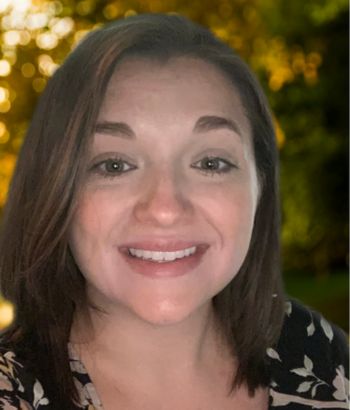
Repairing Broken Military Credit Transfer Pipelines
Kristen Stone's research shows worrying gaps between public policies that claim to help veterans and inconsistent evaluations of their military credits. Her data reveals that denied credits repeatedly obstruct student veterans. Stone urgently calls out this mismatch, advocating for remedying the stark contrast between advertised support and actual practices. Her analysis spotlights failing policies while modeling adaptive leadership.
Reflecting on her time in the program, Stone shared: “The leaders I respected succeeded during adversity. Effective leadership in times of uncertainty requires clear communication, adaptability, agile decisions, empathy, and compassion."
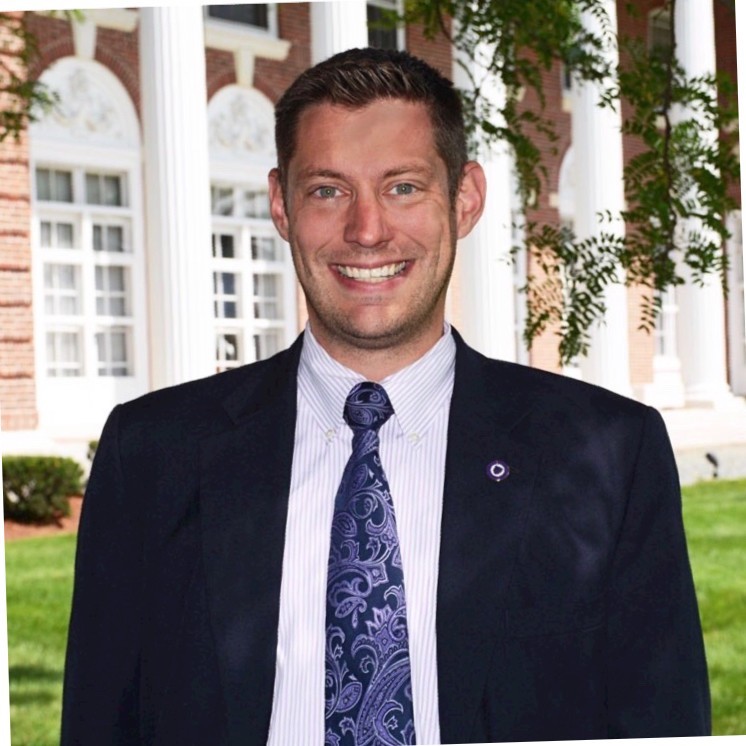
Expanding College Access and Affordability
In his research, Joe Dacey analyzed tradeoffs between affordability, enrollment, and fiscal stability at 150+ mission-driven colleges. His data quantitatively shows that schools have the capacity to safely increase total enrollment by competitively focusing on the participation of lower-income students. Specifically, Dacey found that undergraduate enrollment growth was significantly related to changes in the enrollment patterns of Pell-eligible students but negatively impacted by the degree of increase in gross billed costs. His analysis indicates that widening access and affordability can align with institutional enrollment growth goals.
Reflecting on his doctoral journey, Dacey shared: “I was fortunate to attend the Institute for Administrators in Catholic Higher Education. Together with our design thinking and Catholic higher education courses, these experiences challenged me to reevaluate my approach for this project."
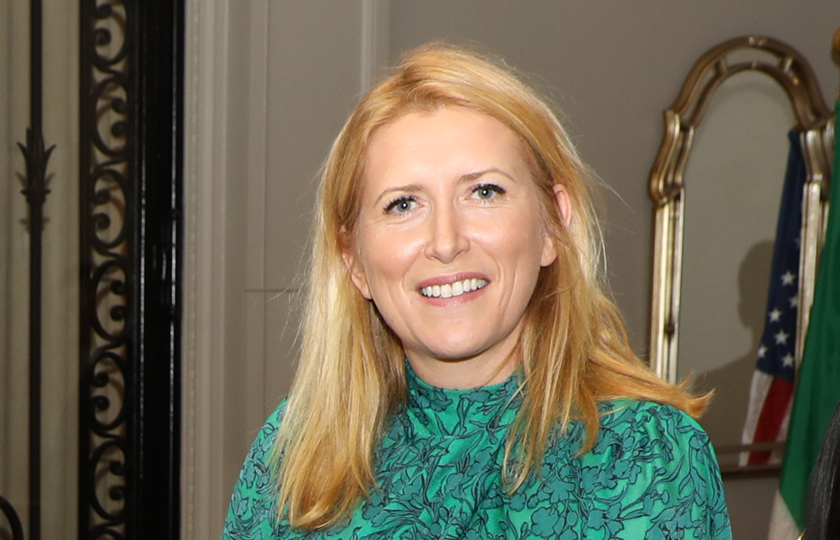
Advancing Inclusive Internationalization
Holly Cowman conducted in-depth interviews with Irish government and university leaders in order to rigorously evaluate Ireland's new international higher education strategy. Her analysis revealed that in previous national strategies, economic motives had overshadowed student well-being. She argues that for sustainable growth, improvements to students' lived realities must take priority. Her analysis confirms that to realize Ireland's potential, "it is crucial that the implementation phase of the new strategy should prioritize the student experience."
Her key recommendations include (a) a whole-of-government approach to tackling issues faced by international students (b) increased government funding to reduce financial reliance on international student recruitment, and (c) enhanced data collection to accurately measure and communicate success.
"The Ed.D. program taught me the importance of gathering data to strengthen my arguments and inform analysis and decision-making so as to drive progress in equitable internationalization.”
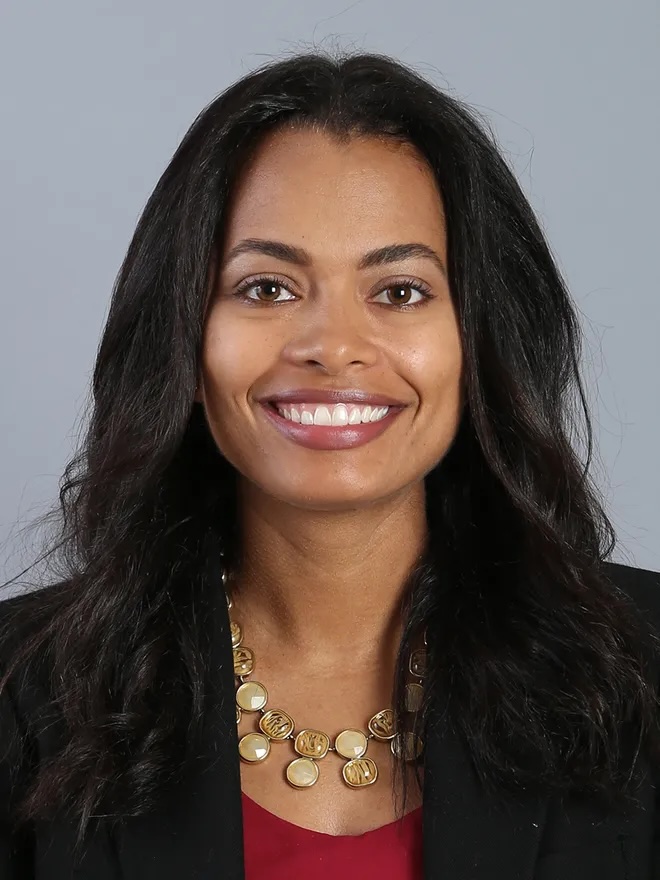
Elevating Women Athletic Administrators
As a former Division 1 athlete and administrator, Jocelyn Gates leveraged her expertise to document leadership barriers facing talented women sports professionals. She conducted interviews that showed women still hit steep obstacles accessing key roles like athletic directors—jobs overwhelmingly held by men, especially at Power Five conference athletics programs. Gates’ research gives voice to obstacles such as biased opportunities, work-life imbalances, and cultural exclusion that female athletic administrators face in college athletics.
Gates reflected on her growth as a leader during her time in the Executive Ed.D. program: "I feel more equipped and confident to be in the room with higher education leaders and know I have something to contribute."
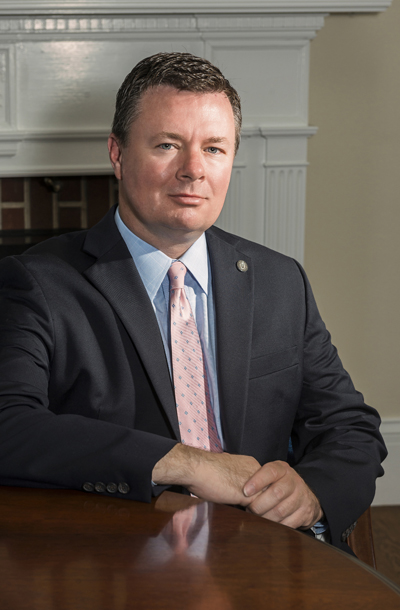
Leading Strategic Transformation
By conducting executive interviews, Michael Lochhead explored the most effective models to steer Catholic colleges and universities amid mounting external pressures. Through the perspective of strategic renewal, his analysis revealed that leadership guided by a strong mission facilitates growth aligned with organizational values, even in the face of market adversities. His findings demonstrate that establishing conditions for successful reforms, crafting a mission-based future vision, and aligning with student and market needs are key.
Reflecting on the impact the program had on his growth as a leader, Lochhead said: "I have learned that different skills will be necessary at different stages of project management, and that both management and leadership, creativity and pragmatism, are necessary to implement change."
Creating Opportunities Through TVET
Currently an education policy specialist in the Dominican Republic, Laura Abreu Malla interviewed leaders leading Ireland’s technical and vocational education policies to explore how the lessons learned could serve as a reference for Technical and Vocational Education and Training (TVET) policies in the Dominican Republic. Her findings reveal TVET’s integral, yet underutilized, role in empowering marginalized groups. She affirms that "linked to pathways of progression, TVET can be a powerful tool to assist vulnerable and disadvantaged groups that are left out or forced to leave." Her research issues an urgent appeal to realize TVET’s immense potential through coherent funding strategies, data-driven decisions, and cross-sector collaboration.
"Engaging with new ideas and perspectives has forced me to question assumptions, reevaluate my own biases, and develop a better understanding of my chosen topic."
Within a wide variety of unique contexts, these leaders collectively call for higher education that advances social justice and upholds human dignity, aligning with Lynch School's mission to make the world more just. Guided by Higher Education program faculty, these Executive Ed.D. students developed data-driven strategies for reform. Their work demonstrates the power of evidence-based change management. Equipped with enhanced capabilities from the program, these leaders are driving meaningful change, confronting inequities, and expanding access to higher education in the U.S. and around the world.


